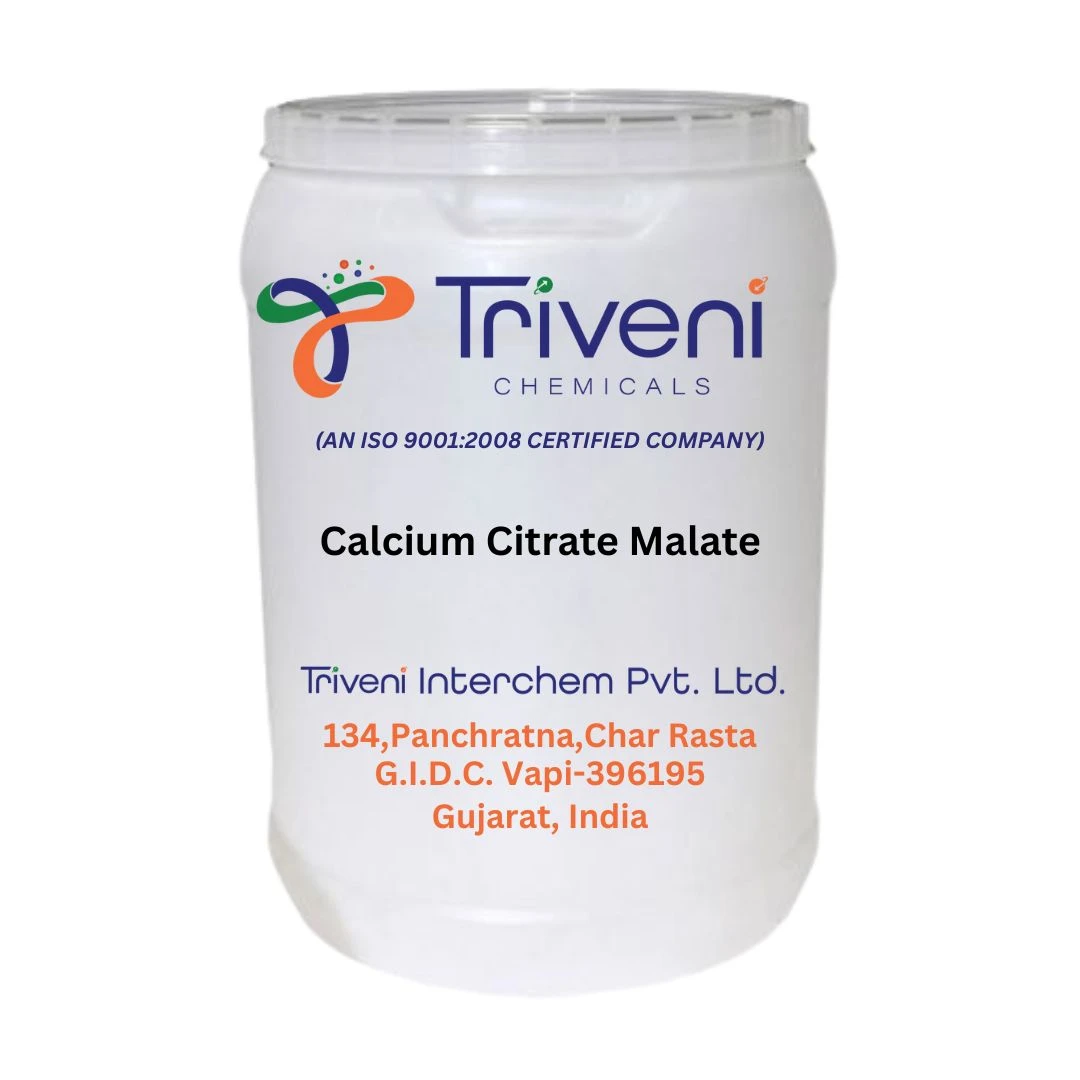Osteoporosis, or bone loss, is a disorder characterized by the gradual weakening and deterioration of bone density and structure. This can cause bones to become brittle and susceptible to fractures, even from mild falls or impacts. Bone loss is a major health problem, particularly among the elderly, because it can..
Osteoporosis, or bone loss, is a disorder characterized by the gradual weakening and deterioration of bone density and structure. This can cause bones to become brittle and susceptible to fractures, even from mild falls or impacts. Bone loss is a major health problem, particularly among the elderly, because it can result in poor quality of life, chronic discomfort, and an increased vulnerability to fractures, particularly in weight-bearing bones such as the hips, spine, and wrists. Bone loss is caused by a variety of circumstances. Aging is a major component since bone density typically reduces with age, leaving older people more vulnerable to osteoporosis. Hormonal changes, particularly in postmenopausal women with low estrogen levels, might hasten bone loss. Poor nutrition, a lack of calcium and vitamin D, and a lack of physical activity can all contribute to bone weakness. Chronic illnesses such as rheumatoid arthritis, renal disease, and hormone imbalances can worsen bone loss. Furthermore, some medications, such as corticosteroids and some anti-seizure medications, have been related to increased bone loss. It is critical for general health to prevent bone loss and maintain bone health. A balanced diet rich in nutrients required for bone health, adequate calcium and vitamin D intake, frequent weight-bearing workouts, and a balanced diet rich in nutrients essential for bone health are all crucial preventive strategies. Furthermore, lifestyle decisions such as quitting smoking and drinking too much alcohol might help reduce the chance of bone loss. Bone density scans are frequently recommended by healthcare providers to check the condition of bone health, and if necessary, drugs such as bisphosphonates or hormone replacement therapy may be prescribed to prevent bone loss or promote bone production. To summarize, bone loss is a complex and multifaceted disorder that affects millions of people around the world, especially as they age. It has major implications for mobility and general health. Individuals can decrease the dangers associated with bone loss and enjoy a healthier, more active life as they age by taking a proactive approach to bone health through adequate nutrition, exercise, and medical intervention when necessary.
- Bone Loss – Preventing osteoporosis and calcium deficiency-related conditions, similar to Bone Marrow.



